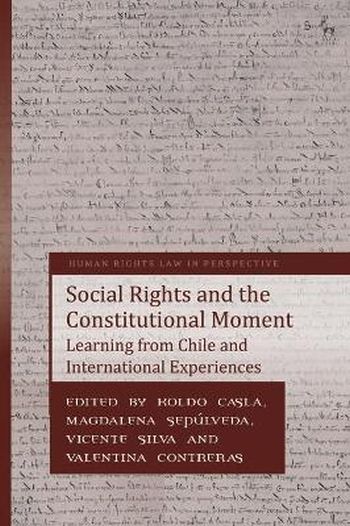
Chile's constitutional moment began as a popular demand in late 2019. This collection seizes the opportunity of this unique moment to unpack the context, difficulties, opportunities, and merits to enhance the status of environmental and social rights (health, housing, education and social security) in a country's constitution.
Learning from Chilean and international experiences from the Global South and North, and drawing on the analysis of both academics and practitioners, the book provides rigorous answers to the fundamental questions raised by the construction of a new constitutional bill of rights that embraces climate and social justice. With an international and comparative perspective, chapters look at issues such as political economy, the judicial enforceability of social rights, implications of the privatisation of public services, and the importance of active participation of most vulnerable groups in a constitutional drafting process.
Ahead of the referendum on a new constitution for Chile in the second half of 2022, this collection is timely and relevant and will have direct impact on how best to legislate effectively for social rights in Chile and beyond.